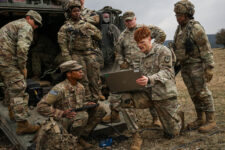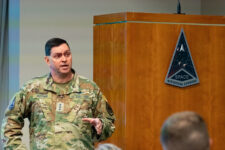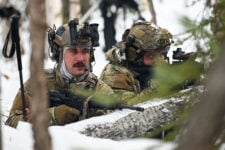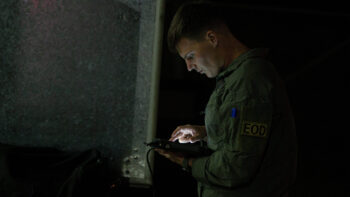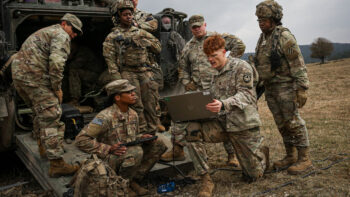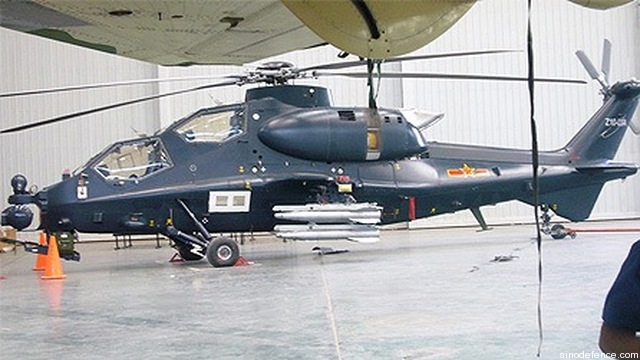 UPDATED: Corrected Number of Arms Export Violations
UPDATED: Corrected Number of Arms Export Violations
CAPITOL HILL: The Senate’s top defense policy lawmakers are doing just what the aerospace industry feared they might do after news broke about more than 500 violations of arms export regulations and a guilty plea to arms export law misdeeds by United Technologies, parent to Pratt & Whitney.
In a letter sent today to Defense Secretary Leon Panetta, Sens. Carl Levin and John McCain describe Pratt’s violations as “enormously troubling.” They note that no one has been held “personally responsible for criminal misconduct” for selling the Chinese the avionics for the Z-10 helicopter. While the Senate Foreign Relations Committee has the primary policy responsibility for overseeing arms exports, the SASC also has jurisdiction and works closely with Foreign Relations.
While industry will argue vociferously that these violations are limited to one company, Levin and McCain raise the fundamental issue in their letter: “The nature and humber of these violations and the length of time during which they occurred raise the concern they may have caused significant harm to our national security.” They ask Panetta for a “full assessment” of possible harm. And they say the “widespread nature of these violations” may mean the arms export process suffers from “systemic deficiencies.”
Finally, the two senators want Panetta to evaluate the case and see whether the Pentagon should suspend or disbar Pratt & Whitney Canada.
This all unfolds as the Obama White House continues to press hard for substantial arms export reforms. While it is significant that the senators do not raise that issue, they must be watching closely.
Here’s what the federal prosecutor said about Pratt’s violations wen the company’s guilty please was announced:
“PWC exported controlled U.S. technology to China, knowing it would be used in the development of a military attack helicopter in violation of the U.S. arms embargo with China,” U.S. Attorney David Fein said in a statement. “PWC took what it described internally as a ‘calculated risk,’ because it wanted to become the exclusive supplier for a civil helicopter market in China with projected revenues of up to two billion dollars. Several years after the violations were known, UTC, HSC and PWC disclosed the violations to the government and made false statements in doing so. The guilty pleas by PWC and the agreement reached with all three companies should send a clear message that any corporation that willfully sends export controlled material to an embargoed nation will be prosecuted and punished, as will those who know about it and fail to make a timely and truthful disclosure.”
“Due in part to the efforts of these companies,” Fein went on, “China was able to develop its first modern military attack helicopter with restricted U.S. defense technology.”






